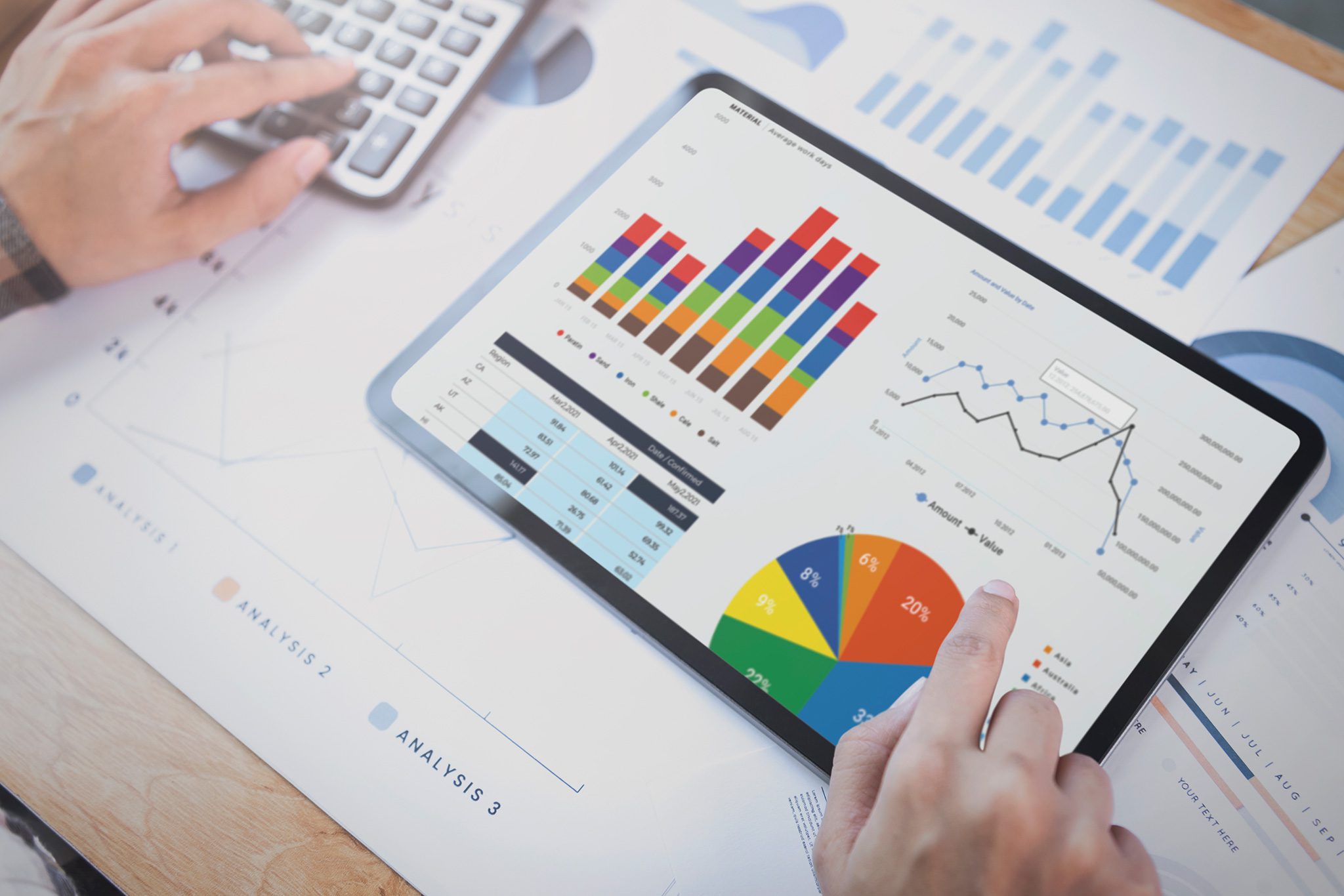The accounting industry, traditionally viewed as conservative and resistant to change, is currently undergoing a significant transformation, thanks to emerging technologies. Beyond traditional accounting software, these new technologies are redefining how accountants work, bringing unprecedented levels of efficiency, accuracy, and insight. This blog post explores some of the most exciting emerging technologies that are shaping the future of accounting.
1. Artificial intelligence (ai) and machine learning
Ai and machine learning are at the forefront of accounting innovation. These technologies automate routine tasks such as data entry, transaction coding, and even some aspects of financial reporting. According to a survey by accenture, 79% of finance leaders agree that ai will significantly transform the way they gain information from and interact with data. Ai algorithms can also analyze vast amounts of data for trends, providing valuable insights for decision-making.
2. Blockchain technology
Blockchain is poised to revolutionize accounting in terms of transparency and traceability. This technology can be used to create immutable ledgers, making fraud and discrepancies easy to spot. A report by deloitte suggests that blockchain could eventually eliminate errors and fraud in bookkeeping, significantly enhancing the trustworthiness of financial records.
3. Cloud computing
Cloud computing has already started to change the landscape of accounting, offering more flexibility and real-time data access. It allows accountants and clients to access financial data securely from anywhere, facilitating remote work and collaboration. As per a study by gartner, the worldwide public cloud services market is projected to grow significantly, indicating increased adoption in fields including accounting.
4. Robotic process automation (rpa)
Rpa involves the use of software robots to automate highly repetitive and routine tasks. In accounting, rpa can handle tasks like account reconciliations, invoice processing, and payroll. This automation not only saves time but also reduces the risk of human error. Research by grand view research estimates that the rpa market size will expand dramatically, reflecting its growing importance in fields like accounting.
5. Advanced data analytics
Advanced data analytics tools are enabling accountants to go beyond traditional reporting and compliance, offering predictive analytics and strategic advice. These tools can analyze patterns in large datasets to forecast future trends, helping businesses with strategic planning and risk management. According to ibm, 90% of data in the world today has been created in the last two years, showcasing the immense potential for data analytics in accounting.
6. Internet of things (iot)
While not immediately obvious in its application, iot technology has potential implications in accounting, particularly in asset tracking and inventory management. Iot devices can track and record real-time data on asset usage and inventory levels, providing up-to-date information for financial records. Forbes reports that iot will be a significant driver of digital transformation in the coming years.
7. Cybersecurity enhancements
As accounting becomes increasingly digital, the importance of cybersecurity escalates. New technologies are being developed to protect sensitive financial data from breaches and cyber-attacks. Kpmg’s report highlights cybersecurity as a top priority for ceos, including those in finance and accounting sectors.
Conclusion
Emerging technologies are reshaping the accounting landscape, offering exciting opportunities for efficiency, accuracy, and strategic insights. As these technologies continue to evolve and mature, they will undoubtedly create new paradigms in the accounting industry. For accounting professionals, staying abreast of these changes and embracing the new tools and methodologies will be key to success in this rapidly changing environment.

















